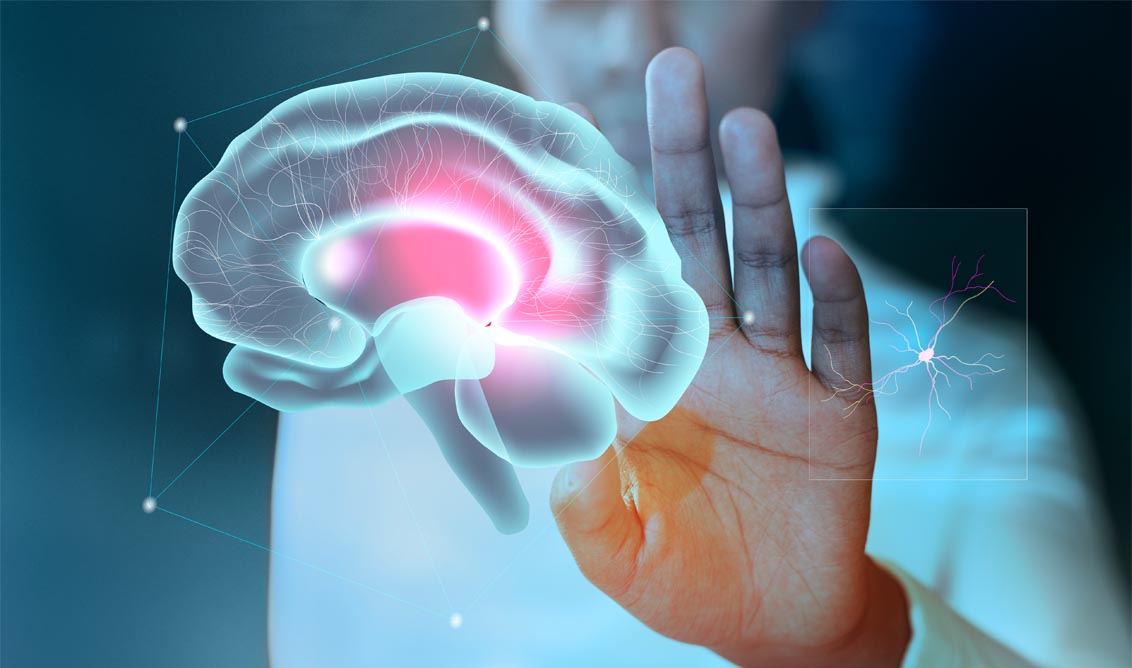Dementia Early Detection

Alzheimer’s disease is an epidemic with large financial and social impact on the patient and families involved. It is estimated that 1 in 9 people above the age of 65 will suffer from this condition, and for every 5-year age group beyond 65, the percentage of people with Alzheimer’s will double.
The early detection and diagnosis of Alzheimer’s disease is important. There is evidence that early intervention is able to stabilize and delay disease progression, and these result in improved quality of life for the patient and family. However, dementia presents in a variety of symptoms and in a slow insidious pattern, which makes it hard to detect.
There are molecular imaging techniques such as Positron Emission Tomography (PET scan) that has been used to investigate neurological disorders since the 1980s.
Studies have demonstrated that brain PET imaging gives remarkable sensitivity and specificity in diagnosing Alzheimer’s and other forms of dementia, and allows for earlier and more accurate diagnosis of dementia, particularly in the early stages of the disease.
PET imaging is a fast, safe and proven technique, and does not require any hospitalization.
Alzheimer’s Disease is the most common cause of Dementia; a general term for memory loss and other cognitive disabilities serious enough to interfere with daily life.

